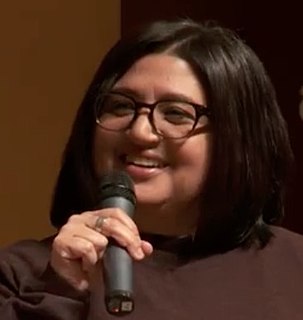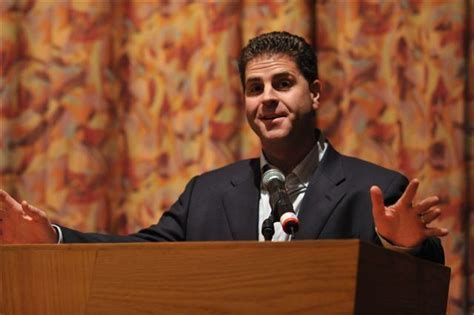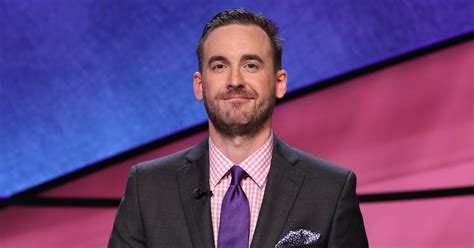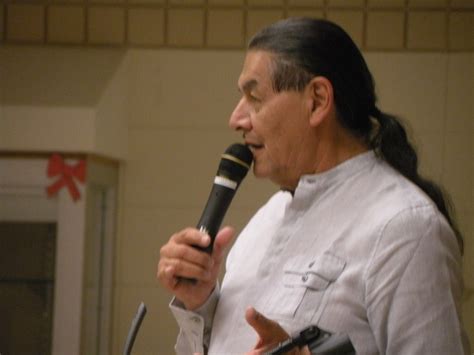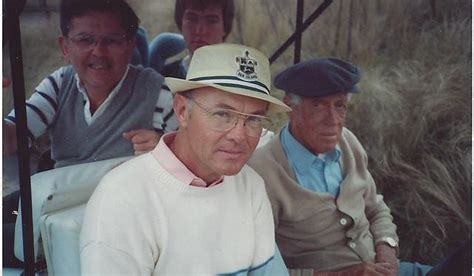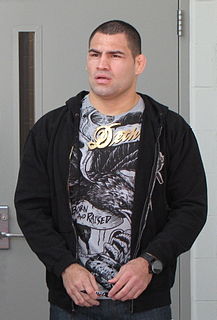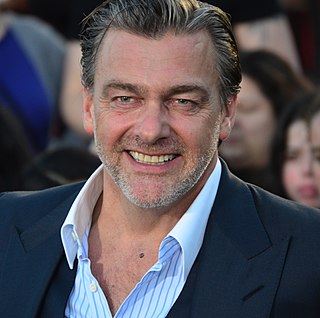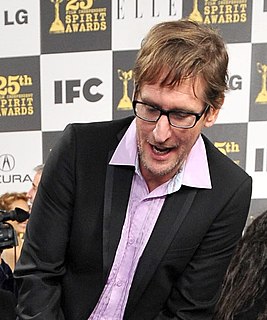A Quote by Stephen Sondheim
When you know your cast well and their strengths and weaknesses, you can start writing for them, just the way Shakespeare wrote for his actors.
Related Quotes
I've known people who thought that reaching their potential would come from shoring up their weaknesses. But do you know what happens when you spend all your time working on your weaknesses and never developing your strengths? If you work really hard, you might claw your way all the way to mediocrity! But you'll never get beyond it.
Weakness and strength are necessary for balance. No one or nothing is only weak or only strong. But some of us overlook our weaknesses, and even deny that we have them. That can be dangerous, because denying there is a weakness is in itself a weakness. Likewise, accepting that we have weaknesses becomes a strength. And by the same token, overestimating strength is a weakness. You should not be blinded by your strengths. The feeling of strength is not the same as having strength. Neither should you ignore your weaknesses. Know them well, too.
I think that comes with a collaboration with the writers. I think that we get cast in edgier roles because we are a little more offbeat, so people - as we get to know the writers, and as the writers get to know us, they start to write around us more, and that's why I think the pilot is not always the best way to get to experience a new television show, because we're fitting ourselves into these characters. Whereas as the show evolves, they're writing the characters for us and for our strengths and weaknesses.
It's kind of like being a writer in the sense that you always hear other writers say, 'Well, the best way to start writing is to just start writing.' The same goes for improvisation. You want to start improvising, just start playing notes. And the more you do that, the more comfortable - or not comfortable - but I guess how you're able to adapt to situations. You become more familiar with your instrument. As soon as you have a musical thought, you can go ahead and add to that musical thought and know your way around.
Sometimes you'll have great actors who aren't comfortable with improvising. Which can get pretty frustrating. But every actor's coming from a different place and they have their own strengths and weaknesses and your job is to sell them as two people in the same world. Some of them have to have their hands held and some I just let loose entirely.
The way Shakespeare wrote Fallstaff is with a heightened language and everything. That's the genuis of having Ken Branagh here as well. Shakespeare doesn't require you to have a doctorate in his language or whatever to understand him. It just has to be directed and played right. It's all about scale and presence and getting these huge, epic stories across.
Here was a woman about the year 1800 writing without hate, without bitterness, without fear, without protest, without preaching. That was how Shakespeare wrote, I thought, looking at Antony and Cleopatra; and when people compare Shakespeare and Jane Austen, they may mean that the minds of both had consumed all impediments; and for that reason we do not know Jane Austen and we do not know Shakespeare, and for that reason Jane Austen pervades every word that she wrote, and so does Shakespeare.
I don't know where to start," one [writing student] will wail. Start with your childhood, I tell them. Plug your nose and jump in, and write down all your memories as truthfully as you can. Flannery O' Connor said that anyone who has survived childhood has enough material to write for the rest of his or her life. Maybe your childhood was grim and horrible, but grim and horrible is Okay if it is well done. Don't worry about doing it well yet, though. Just get it down.

